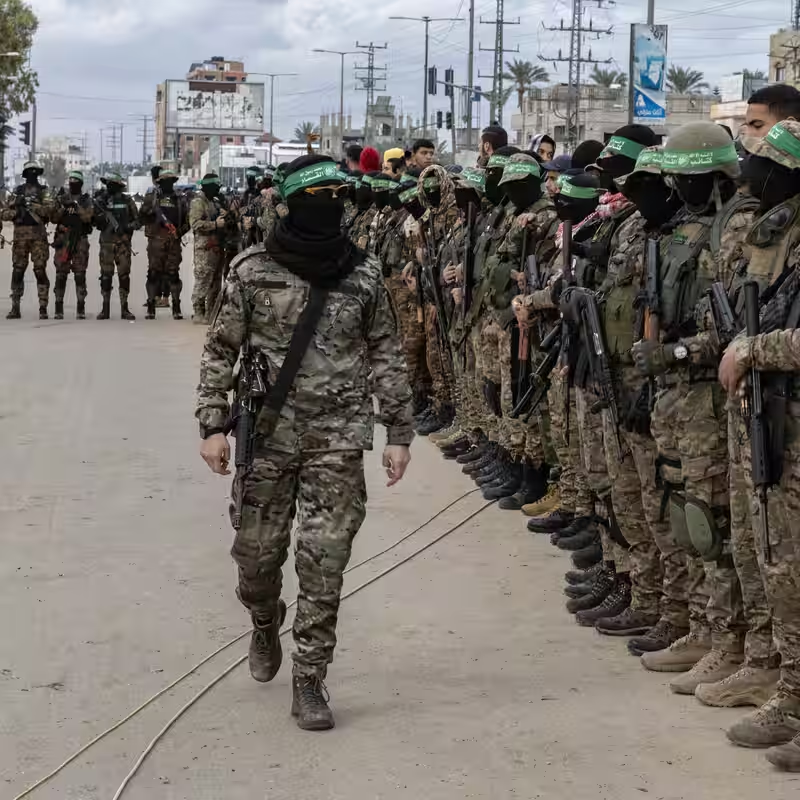Table of Contents
- Mediator Reveals Strategy Behind Ceasefire Deal
- Why Comprehensive Talks Were Avoided
- Hamas’ New Stance on Israel?
- What Comes Next for Gaza?
- Sources
Mediator Reveals Strategy Behind Ceasefire Deal
In a candid interview with The New York Times, Qatar’s Prime Minister Sheikh Mohammed bin Abdulrahman Al Thani disclosed that mediators deliberately sidestepped the most contentious issues in the Israel-Hamas conflict to fast-track a critical hostage-prisoner exchange deal.
The agreement, finalized just days ago, has already led to the release of all remaining hostages held in Gaza in exchange for approximately 2,000 Palestinian prisoners—a move hailed as a major humanitarian breakthrough amid one of the region’s most devastating conflicts in decades.
Why Comprehensive Talks Were Avoided
According to Sheikh Mohammed, who played a central role in the negotiations, pushing for a “full-package” peace deal would have derailed progress entirely.
“If we went for full-package negotiations, we wouldn’t have reached these results,” he said during a meeting in Paris with French President Emmanuel Macron and a coalition of Arab and European foreign ministers.
Instead, negotiators opted for a phased approach—securing an immediate ceasefire and prisoner swap first, while deferring thorny issues like Hamas’s military arsenal and the future governance of Gaza to later talks.
Hamas’ New Stance on Israel?
Perhaps the most surprising revelation from the Qatari prime minister was Hamas’s apparent openness to redefining its relationship with Israel.
“Hamas are actually open to have a discussion about how they won’t pose a threat for Israel,” Sheikh Mohammed stated—a notable shift from the group’s long-standing rhetoric.
While this doesn’t signal an imminent peace treaty, it does suggest a potential opening for dialogue that was previously thought impossible. Analysts caution, however, that translating such statements into concrete policy will require sustained diplomatic pressure and mutual trust—both in short supply after more than a year of brutal warfare.
What Comes Next for Gaza?
With hostilities paused, international attention is now turning to Gaza’s postwar future. Key unresolved questions include:
- Who will govern Gaza after Hamas?
- How will security be maintained without reigniting conflict?
- What role will regional powers like Qatar, Egypt, and Saudi Arabia play?
- Will Israel agree to a long-term political solution beyond military containment?
Discussions in Paris underscored growing consensus among Western and Arab nations that Gaza’s reconstruction must be paired with a credible political roadmap—lest the cycle of violence repeat.
Sources
The New York Times: Israel and Hamas Were Not Ready for a Comprehensive Peace Deal, Mediator Says




